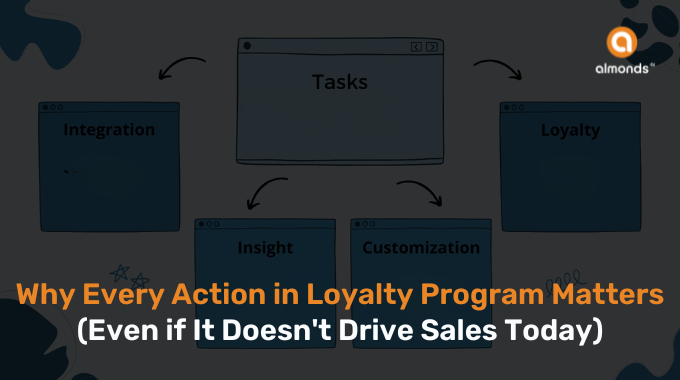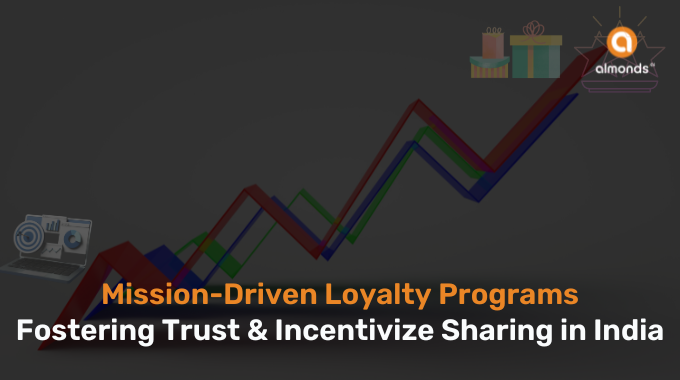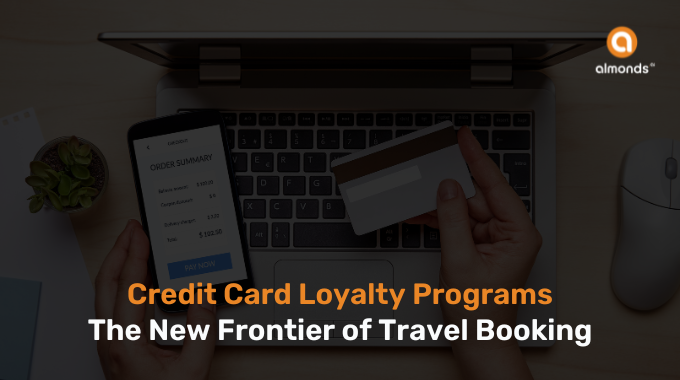In channel partner loyalty programs, data is the modern-day equivalent of black gold – highly coveted and valuable when harnessed correctly. However, as brands increasingly rely on data-driven insights to personalize engagements, deepen connections, and drive sales through channel partners, they walk a tightrope between delivering value and protecting privacy.
Channel partners play a pivotal role in this ecosystem, serving as conduits for reaching customers and enhancing brand engagement. However, the use of customer data in loyalty marketing campaigns brings about a myriad of challenges, particularly concerning compliance with regulations like the Data Privacy and Data Protection (DPDP) Act.
In this article, we’ll explore how brands can strike the delicate balance between personalization and protection in loyalty marketing while respecting the privacy concerns of channel partners.
The Power and Pitfalls of Channel Data
On one hand, data empowers brands with an unprecedented ability to hyper-target and hyper-personalize loyalty experiences. Understanding granular details about channel partners like geographic footprint, sales journeys, behavior patterns, and preferences fuels the creation of tailored incentives, customized communication, and contextualized loyalty mechanics. This level of precision unlocks many benefits – amplified engagement, deeper emotional resonance, and accelerated revenue growth.
On the other hand, tracking and leveraging partner information raises thorny privacy questions. With data protection regulations tightening globally, brands must be increasingly cautious about adhering to compliance protocols, securing data repositories, and being transparent about data utilization. A simple slip-up in safeguarding partner privacy could inflict lasting reputational damage and regulatory penalties.
Understanding the DPDP Act
The DPDP (Digital Personal Data Protection) Act, a cornerstone of data protection legislation, is designed to safeguard individuals’ privacy rights while enabling businesses to leverage data for legitimate purposes such as loyalty marketing. It outlines stringent requirements for the collection, storage, processing, and sharing of personal data and imposes hefty penalties for non-compliance.
In the context of loyalty marketing, the DPDP Act necessitates a comprehensive approach to data management, encompassing consent management, data encryption, secure storage, and transparent communication with customers regarding data usage. Furthermore, it mandates the implementation of robust security measures to mitigate the risk of data breaches, which can have far-reaching consequences for both businesses and their channel partners.
Balancing Personalization with Privacy
One of the primary challenges in loyalty marketing is striking a delicate balance between personalization – the cornerstone of effective loyalty programs – and privacy – the essential element of building trust. While consumers expect tailored experiences that resonate with their preferences and behaviors, they are increasingly wary of data misuse and privacy violations. As such, businesses must adopt a customer-centric approach to data privacy, empowering individuals with control over their personal information while delivering meaningful value through loyalty programs.
Here are some key strategies to achieve this delicate balance:
- Transparency is Key: Clear communication is paramount. Ensure your channel partners have transparent and easily accessible privacy policies that explain what data is collected, how it’s used, and with whom it’s shared.
- Gain Informed Consent: Don’t assume consent. Empower customers to make informed choices about their data by outlining the benefits of sharing and providing clear opt-in and opt-out options.
- Focus on the Essentials: Resist the urge to collect every data point under the sun. Instead, focus on collecting only the data essential for program functionality and personalized experiences. This demonstrates respect for customer privacy and reinforces informed consent.
- Invest in Data Security: Robust data security measures are non-negotiable. Partner with channel partners who prioritize data security and implement measures like encryption, access controls, and regular security audits.
Building Strong Partnerships
Remember, channel partners are not just data providers; they’re an extension of your brand. Collaborate with them to ensure they understand the importance of data privacy and are equipped to comply with relevant regulations, such as the Personal Data Protection Act (DPDP Act).
The DPDP Act, which is still under development, aims to govern the processing of personal data by companies operating in India. Businesses must be aware of the potential requirements of this act, such as obtaining user consent for data collection and ensuring secure storage and disposal of personal information.
By fostering open communication, transparency, and a shared commitment to data privacy, you can build strong partnerships that not only protect customer data but also fuel successful loyalty programs.
Remember, Navigating the complexities of data privacy in loyalty marketing requires a multi-pronged approach. By prioritizing transparency, informed consent, data minimization, and security, you can build trust with customers and channel partners, ultimately fostering deeper customer relationships and program success.






